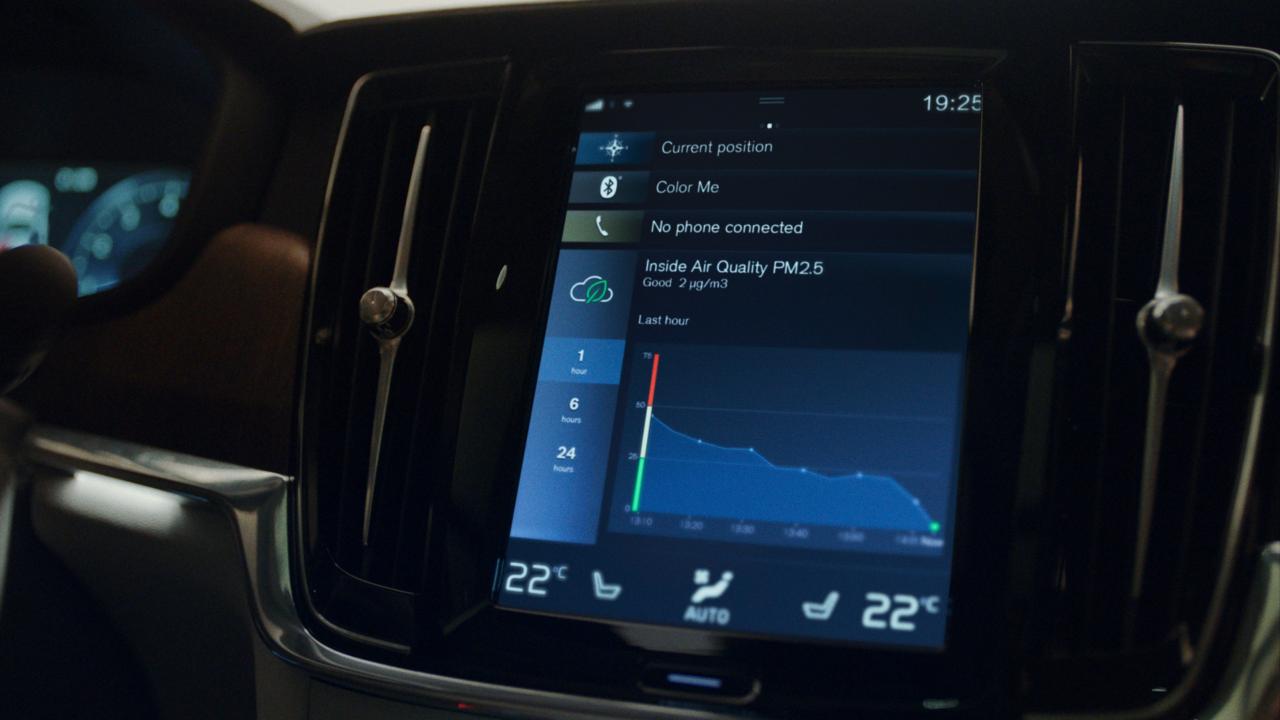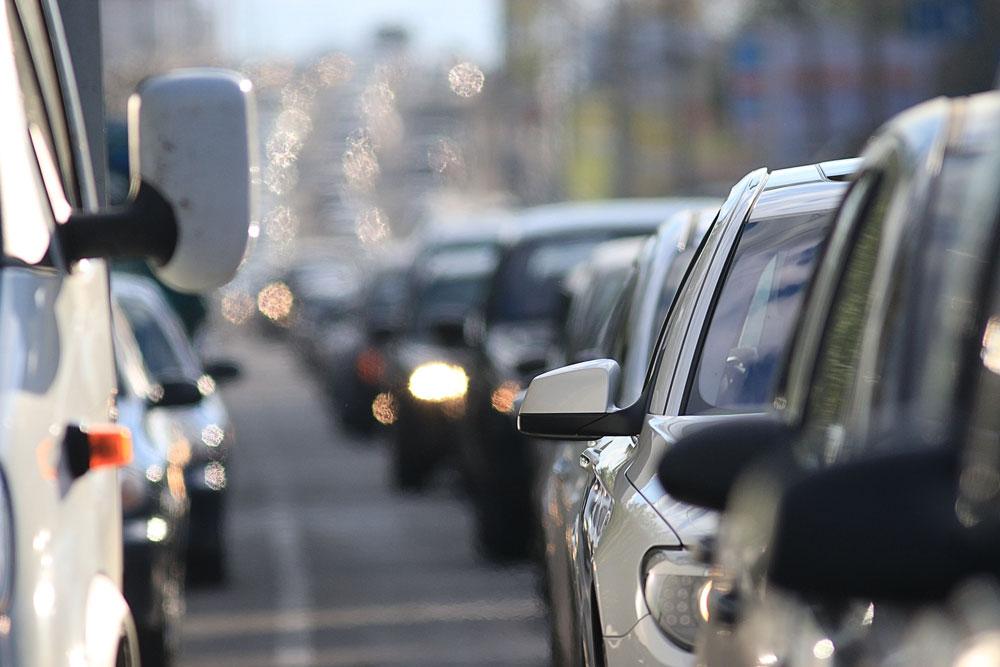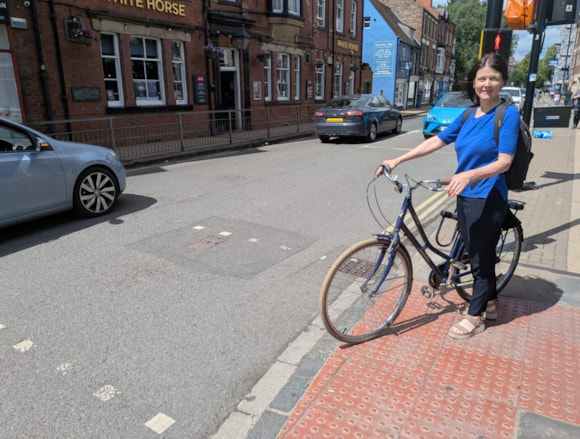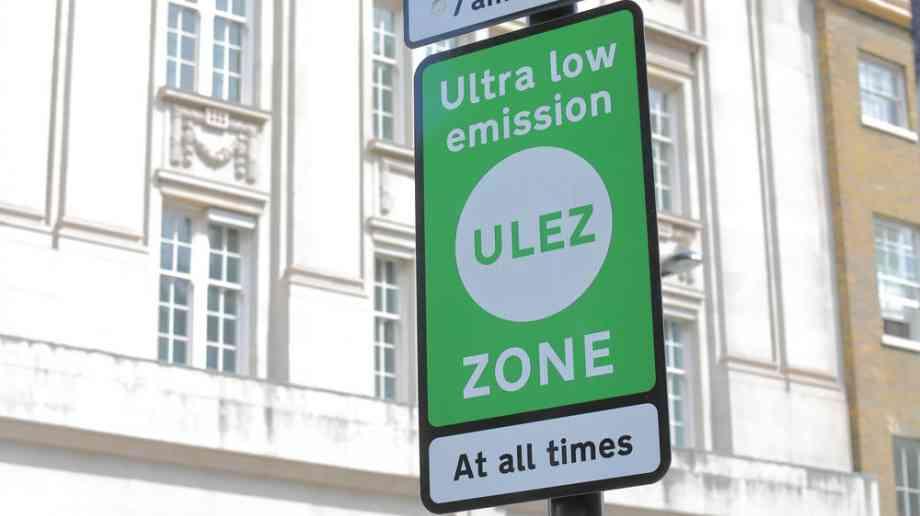Volvo Cars has introduced a technology which cleans out fine particulate matter from the cabin of its cars.
The company’s new Advanced Air Cleaner technology comes with a sensor that measures PM 2.5 levels inside the cabin, creating a feature not available in any other car currently on the market
Available on all 60 and 90 series Volvo models based on the Scalable Product Architecture (SPA) since this spring, the Advanced Air Cleaner cleans out fine particulate matter from the cabin. Thanks to a synthetic fibre-based filter and ionisation, up to 95 per cent of all PM 2.5 particles are kept out of the cabin. This optimises air quality inside the car, limiting the adverse health effects that are associated with air pollution and fine particulates.
Drivers of relevant Volvo models can also use the Volvo On Call smartphone app (where available) to easily schedule an extra cleaning of the cabin air ahead of their journey. The app then tells drivers about the actual PM 2.5 levels inside the cabin after cleaning.
“With our Advanced Air Cleaner technology, you can rest assured that the air you breathe inside your Volvo is cleaner and healthier,” said Anders Löfvendahl, Senior Technical Expert on Cabin Air Quality at Volvo Cars. “We believe that clean air is good for you, both from a health and from a safety perspective, and we will continue to push the envelope in this area.”
Apart from the Advanced Air Cleaner technology, Volvo Cars also works on creating a healthy environment inside its cars in other ways. Its engineers have a long-standing focus on removing emissions from organic substances in the car and minimising the amount of allergy-causing materials from its interiors.
Volvo Cars has strict sourcing requirements for suppliers in order to minimise the generation and emission of odours from parts and materials used inside the cabin. The company also works closely with a variety of universities and other institutes on projects related to material use, as well as developing and implementing ever-stricter allergy standards for its interiors.
A special team of odour assessors, internally known as The Noses, tests components individually as well as on a complete car level for odour emissions. Despite technological advances, this team remains unmissable for the odour control process because the human nose is much more sensitive than any analytical instrument.







